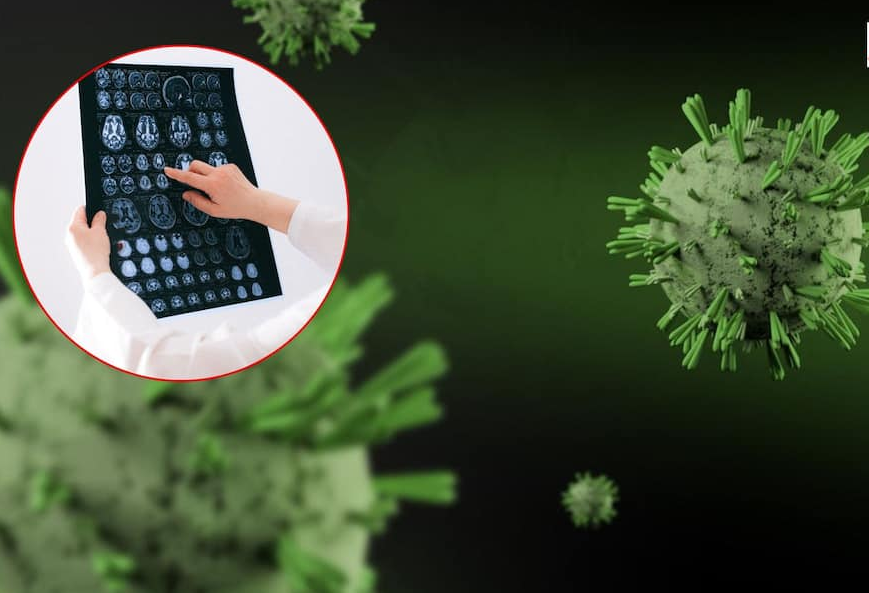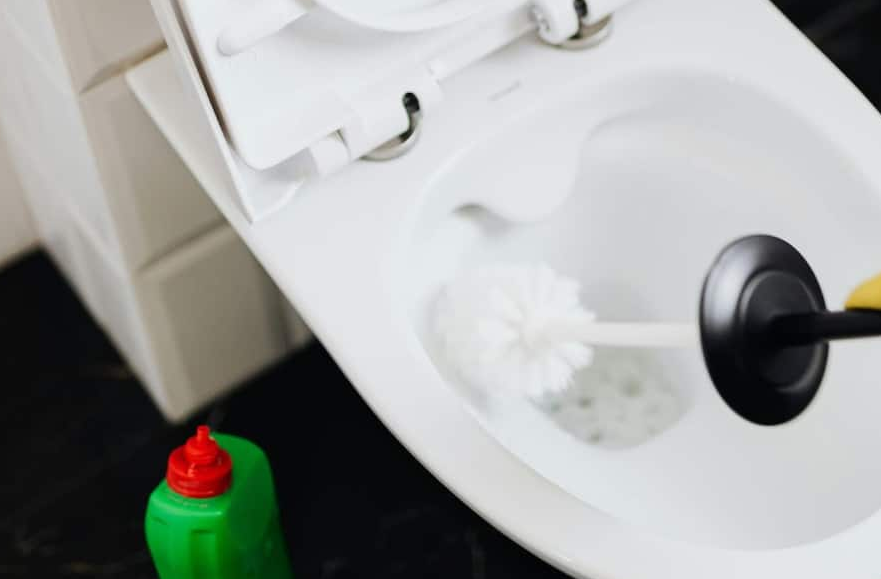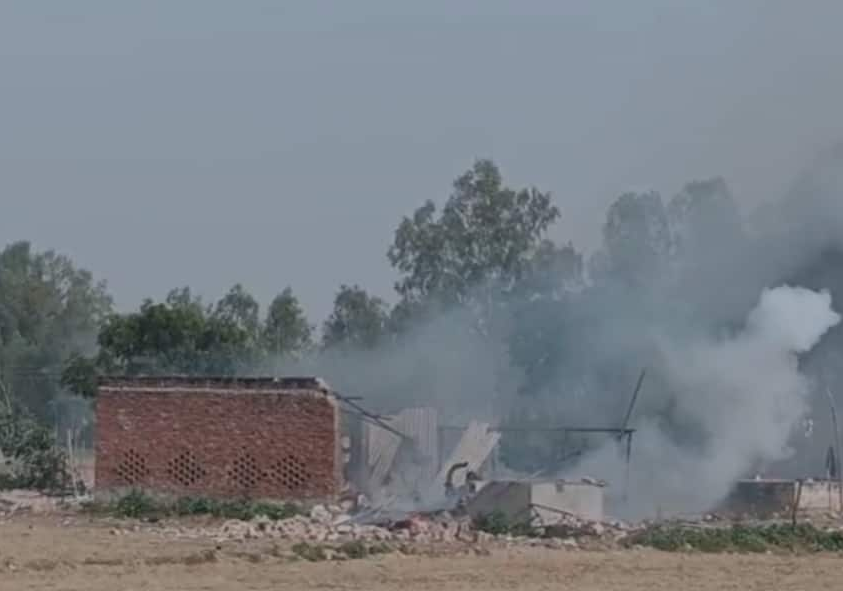If you suddenly have trouble breathing, be alert, know the dangerous truth related to Guillain-Barre syndrome
- bySherya
- 30 Jan, 2025
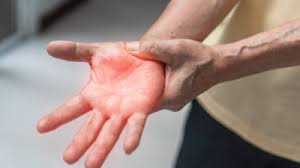
What if you suddenly start feeling weakness in your body, your hands and feet become numb, and breathing becomes difficult? This is not a common problem, but can be a sign of Guillain-Barre Syndrome (GBS).
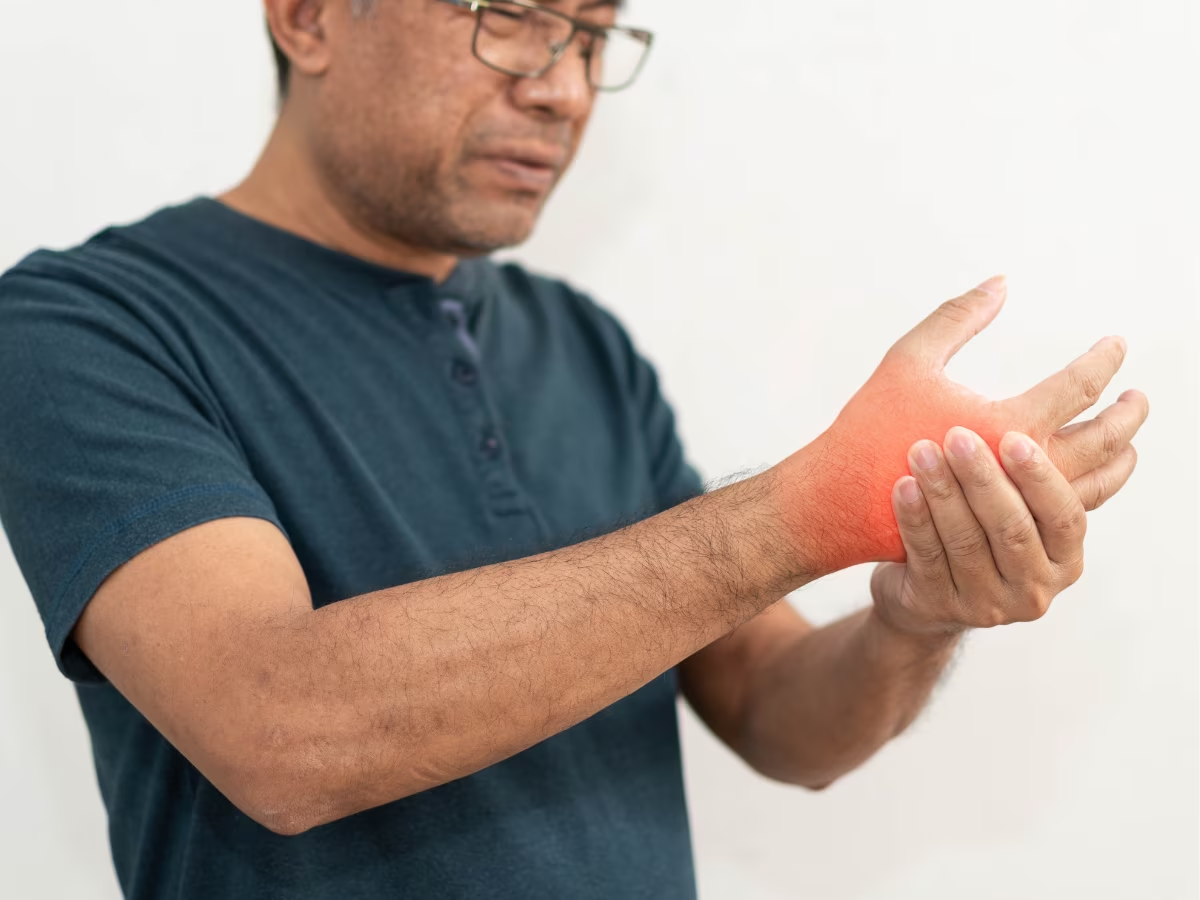
If you suddenly have trouble breathing and normal measures do not provide relief, do not take it lightly. This could be a sign of Guillain-Barre syndrome (GBS), a rare but serious neurological disease.
Guillain-Barre syndrome is an autoimmune disease in which the body's immune system mistakenly attacks the nervous system. This can cause weakness in the arms and legs, tingling sensations and loss of balance. But when the disease affects the breathing muscles, the condition can be life-threatening.
Why does breathing become difficult?
Dr. Vikas Mittal, Director, Department of Pulmonologist, CK Birla Hospital, Delhi, explains that due to GBS, the diaphragm (main breathing muscle) becomes weak, due to which the body does not get enough oxygen and carbon dioxide starts accumulating. This is called type 2 respiratory failure. Such patients may show symptoms like rapid shortness of breath, falling oxygen levels and mental confusion. Apart from this, when patients become unable to cough, mucus starts accumulating in the lungs, increasing the risk of infection and pneumonia. If the muscles of the throat and mouth are affected, the patient may have difficulty swallowing food, which increases the risk of aspiration pneumonia.
How to identify and treat?
In GBS, severe respiratory problems are seen in 20-30% of patients. In such a situation, it is important to monitor the patient's oxygen level and get an arterial blood gas test (ABG) done if needed. If the oxygen deficiency is severe, the patient may have to be put on a ventilator immediately. Mild cases may improve with just oxygen support or non-invasive ventilation, but severe cases may require tracheostomy (inserting a breathing tube into the throat).
Role of physiotherapy and recovery
Physiotherapy is very important for GBS patients, so that mucus can be removed from the lungs and the risk of infection is reduced. Patients can recover completely with timely treatment, although in some cases mild weakness may persist.
Disclaimer: Dear reader, thank you for reading this news. This news has been written only to make you aware. We have taken the help of general information in writing this. If you read anything related to your health anywhere, then definitely consult a doctor before adopting it.


